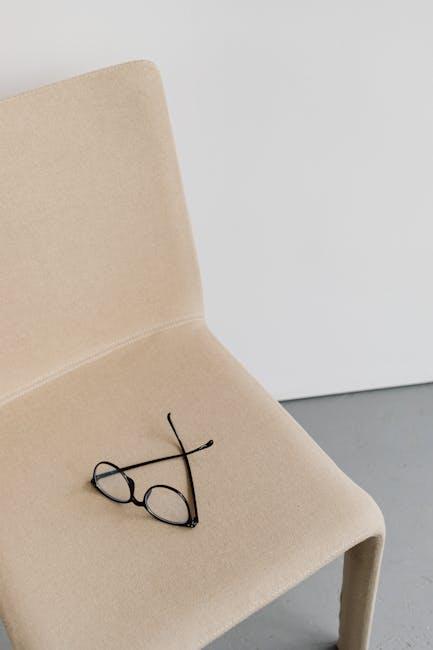Samsung AR Glasses Patent Teases More Affordable Specs than Meta Orion
In recent years, augmented reality (AR) has taken the tech world by storm. Giants like Apple, Microsoft, and Meta have been making significant strides in developing AR technology, striving to bring it closer to the consumer market. While AR glasses have the potential to revolutionize how we interact with digital content, they have often come with hefty price tags. However, Samsung’s most recent patent on AR glasses is promising to change that by offering more affordable specs than their competitor, Meta Orion.
Samsung has long been a pioneering force in the tech industry, and its foray into AR is no different. The South Korean tech giant recently filed a patent with the United States Patent and Trademark Office, unveiling its vision for AR glasses that could be more accessible to the general public. The patent suggests that Samsung is pushing to create an AR headset that offers improved affordability while maintaining the high-quality experience expected from such a device.
One of the main reasons AR glasses have struggled to gain widespread popularity is the high cost associated with their production. Previously, the industry-standard Meta Orion glasses came with a hefty price tag, making them unaffordable for many potential users. Samsung’s patent could signal a turning point in the market, as it proposes the use of a technology called a “waveguide” to achieve more economical manufacturing.
The patent showcases Samsung’s inventive approach to delivering AR experiences without breaking the bank. By employing waveguide technology, the company aims to minimize the costs associated with building AR glasses. With this technique, the glasses will use compact projection systems to display virtual images, which will then be reflected onto the user’s eyes through carefully crafted optical components.
Additionally, Samsung’s patent indicates a focus on user comfort, as the company intends to make the AR glasses light and stylish. The design featured in the patent suggests a sleek and compact frame that would fit comfortably on any user’s face. This attention to comfort is crucial since users might wear AR glasses for extended periods, and discomfort could hinder their overall experience.
While Samsung’s patent hints at exciting developments, it is important to remember that obtaining a patent does not guarantee that the product will reach the market. Companies often file patents to protect their ideas, and only a fraction of them ultimately see the light of day. Nevertheless, Samsung’s strong presence in the market gives hope that their AR glasses could become a reality sooner rather than later.
If Samsung successfully delivers on its AR glasses patent, it could disrupt the current market landscape. Offering more affordable specs than the Meta Orion glasses would attract a wider audience to AR technology. This breakthrough could usher in a new era where AR glasses become more common among consumers, facilitating everyday activities such as gaming, communication, and even productivity.
As the AR space continues to evolve and grow, competition between tech giants will be beneficial for consumers. With more companies diving into AR and competing for market share, we can expect to see more affordable and accessible AR glasses hitting the market in the near future. If Samsung’s patent is any indication, the day when AR glasses become a household accessory may be closer than ever before.

